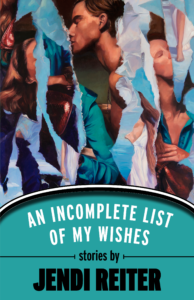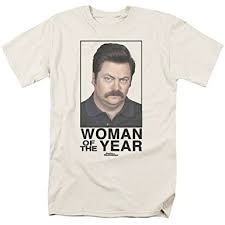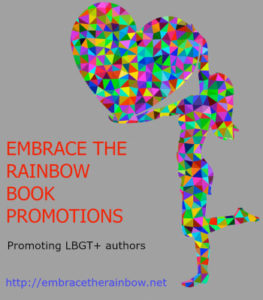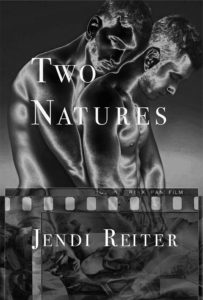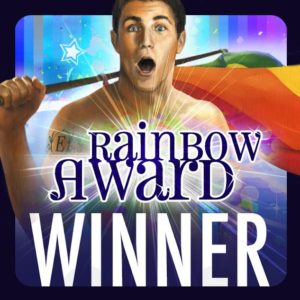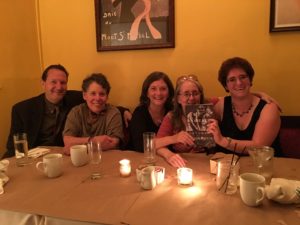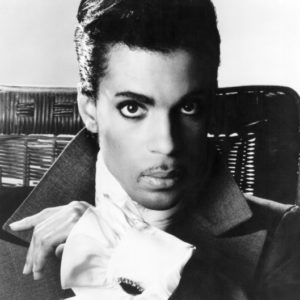It is I, your favorite obscure novelist, here to share with you the good, the bad, the immeasurable, and the pleasurable results of a year of marketing my second novel, Origin Story. Which, by the way, makes a great Christmas or Hanukkah gift for an emo homosexual, comic book fan, theology nerd, or person who really needs to set boundaries with their family. Stuff your stocking with Peter and Julian today!
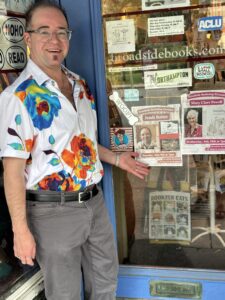
Best Value for Money
Pride Book Tours is a Bookstagram tour service run by Sasha Zatz. For just 125 pounds, she’ll get your LGBTQ book featured on about a dozen Instagram book recommendation sites. A lot of her clients are romance writers but my literary fiction book did quite well with her contacts. The real benefit was that several of the Instagrammers also wrote insightful, quotable, 4- and 5-star Goodreads reviews for Origin Story in addition to featuring it on their social media.
Worst Value for Money
Publicist John Madera’s firm Rhizomatic charged me $4,000 for a 3-month campaign (after I talked him down from his $10,000, 6-month offer) whose sole purpose was to secure blurbs and reading dates. I sent him contact information for a dozen bookstores and twice that many queer authors to approach. He delivered zero results. Three people supposedly agreed to write blurbs, so I sent them the book at my own expense, yet they never met the deadlines he kept promising. Moreover, he actively discouraged me from following up with any of the blurb writers after our contract’s end date, because he wanted to keep those relationships proprietary. As part of the inducement to sign with him, he said he’d publish any review that I couldn’t place elsewhere in his magazine, Big Other. However, when I sent him such a review, he ghosted on me until it was no longer timely, then rejected it without explanation.
The more widely applicable lesson here is that freelance publicists probably can’t do more for you than you could do for yourself. They’ll never have the same access that a Big Five publisher’s on-staff publicist has. Also, a contract that is worded subjectively (“so-and-so will use their best efforts to secure blurbs,” etc.) isn’t going to be easy to enforce.
NetGalley and Other Mysteries
In retrospect, it wasn’t cost-effective for me to pay $550 for a NetGalley listing, still less so to pay $700 for a featured spot in their LGBT Books email. Of the approximately 75 people who downloaded my book, only a handful wrote reviews, and these tended to be lower-quality in terms of their understanding of this admittedly challenging novel. If your book fits more securely within NetGalley readers’ genre expectations, you may get more out of being listed there. But I had to find out!
I can’t track whether the $350 full-page ad in Shelf Awareness sold any books. They did design the ad for you, which you could use in all your other digital promotions for free. It was marginally worth it for me because I have no patience to muck about with Canva. The ad itself was pretty generic, however, and the first version was full of errors–the inclusion of random text from my email signature made me suspicious that it had been “designed” by AI.
Review Outlets
Not all of these venues reviewed Origin Story but they’re good places to contact about your literary and small press books. Eternal love to Solstice Lit Mag, a longtime supporter of my writing, for this in-depth discussion of my novel’s innovative structure and theological themes. Oyster River Pages also ran a great review. DIAGRAM is the place to send your quirky hybrid writing and reviews of the same, especially if the review itself plays creatively with form. Best of the Net sponsor Sundress Publications recommends new poetry books, especially those with social justice and queer content, in their e-newsletters. The Masters Review regularly reviews literary prose books.
Electric Lit’s Reading Lists column is a good way to get your book featured in this prestigious online journal. Your article should be a list of 6-8 books that have a similar unusual angle as yours, with mini reviews, and in the process you can summarize and link to your own book. Mine was “8 Graphic Novels About Healing from Sexual Abuse” because Peter, the main character of Origin Story, recovers his memories by writing a superhero comic book.
Similarly, you can pitch a guest article for a website that’s related to your book topic. My personal essay “Companions in the Mirror: How My Novel Characters Are Allies in My Healing” was featured on the Curated Stories page of Time To Tell, a child abuse survivors’ support organization.
Though paid reviews have low prestige among knowledgeable literati, I wagered $59 on one from Readers’ Favorite. I liked their policy of only posting 4- and 5-star reviews; if a book doesn’t merit that ranking, they give the author private feedback instead. They did give Origin Story 5 stars, but I was a little disappointed that the review lacked depth. It mostly restated the jacket copy and added some generic superlative praise.
I’m starting to write book reviews at The Rumpus so if you’re about to release a literary small press novel, memoir, story or essay collection that you think would fit my interests, email je***@************rs.com .
Readings
You know a great way to get your indie book into more bookstores? Interview your friends at their book launches! Thank you, Soma Mei Sheng Frazier, for asking me to emcee her Brookline Booksmith event for Off the Books, her political thriller/road trip/love story about a Chinese-American rideshare driver whose handsome client has a secret in his suitcase.
Both in terms of book sales and in emotional satisfaction, I gave the best reading of my life at Easton Mountain, a clothing-optional retreat center for queer men. Events are not videotaped for obvious reasons, so you’ll just have to imagine me standing in front of a crowd of 60 guys in my sequin mesh briefs from Skull & Bones. Hat tip to my fellow Authors’ Night guests Mike De Socio (Morally Straight: How the Fight for LGBTQ Inclusion Changed the Boy Scouts–and America) and Carl Siciliano (Making Room: Three Decades of Fighting for Beds, Belonging, and a Safe Place for LGBTQ Youth). If you’ll be at Easton for Bear Your Soul in January, come say hi!
Easton is a good example of a nontraditional reading venue with a really engaged audience. Think outside the usual list of bookstores and libraries. What affinity groups or community service organizations would be uplifted by your story? Could you give a workshop based on the book’s themes or your writing and research process?
For example, Tarot played a big role in both my writing process and Peter’s healing journey, so I led a class for our local Tarot society about ways to use the cards for fiction plotting. I sold two books to an audience of about 20 people, which is a pretty good return on investment, and we all had fun. Moreover, once you design the curriculum, you can take it to other venues where you might sell more books.
Inspirational Thoughts
My resolution for 2024 was “Appreciate those who appreciate me.” I resolved to manifest “satisfaction” as well as “success” and let the former be a touchstone for the latter. We can always make ourselves dissatisfied chasing more fame, more sales, more recognition from people we think are more important than ourselves. To step off this treadmill can feel abandoning ambition, because we’re unaccustomed to trusting that we’ll still do our work if not driven by fear and lack.
Knowing that my work was obscure and likely to stay that way, I asked myself about each marketing goal: Why do I actually want this? What do I hope it’ll make me feel? Is this something appropriate to ask from my writing? What community do I want this book to bring me into?
I do feel satisfied with Origin Story. I wrote it to encourage survivors that they won’t end up alone when they choose truth over toxic relationships. I said what I wanted to say about abuse-enabling Biblical religion, mental health stigma in the social work and adoption industries, and alternate spiritual paths that affirm our bodies’ wisdom. Reviews made me happy when my readers recognized the connections I made between these phenomena. That’s a benefit that isn’t about marketing per se, but can be remarkably rewarding.
I was able to afford a license for the cover image that I’d dreamed about for a decade, by artist Jim Shaw. The editors at Saddle Road Press always reply promptly, are well-informed and detail-oriented, have a great design sense, and take risks on innovative literature whether or not it’ll make money. (So please buy my book and keep them in business!) When you’re shopping around your filthy hybrid-genre novel about radical theology, look for a press like SRP that builds community among its authors.
Writing is mycelial. Market like a mushroom. You and other writers are part of the same organism, although your connections may be subterranean. My anxiety diminished when I absorbed the witchcraft worldview about interdependence. I realized that my life as a writer makes an impact, not only through my personal creations, but through promoting other people’s writing that matters to me.
When I started writing fiction seriously in 2006, underneath all the career concerns was my barely understood yearning to be included in the erotic, cultural, and spiritual world of gay men. Two Natures taught me I was trans. Origin Story helped me take risks to live my truth. Lying on the massage table at Body Electric this past autumn, sharing a transcendent ritual with my fellow nude homosexuals, I thought to myself, “This is why I wrote those books!”
I hope your writing brings you to such a moment, a joy that is an end in itself.
